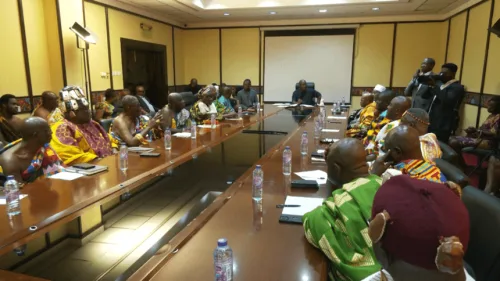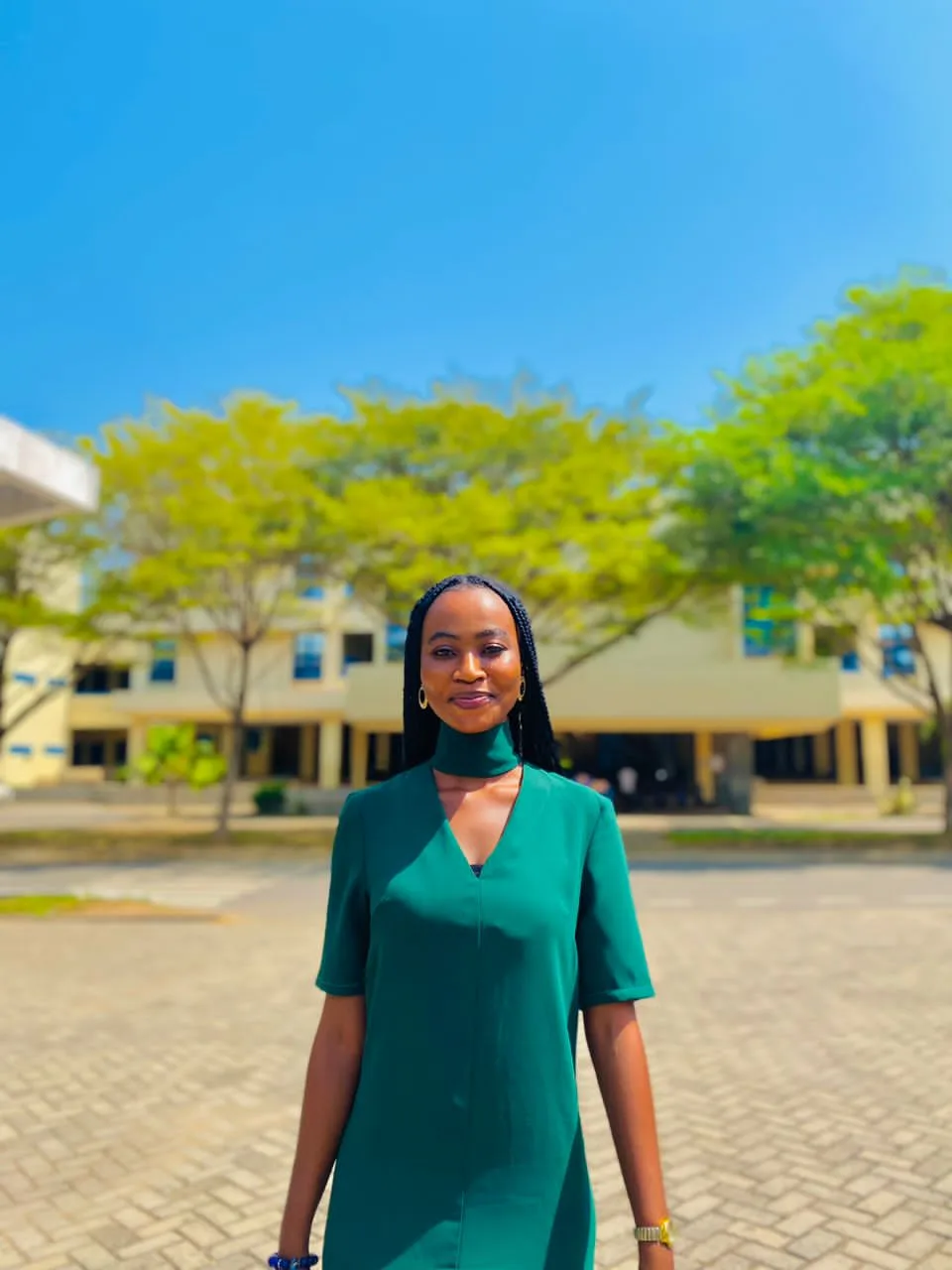
President John Dramani Mahama met with the steering committee of the National House of Chiefs to discuss key challenges affecting traditional governance in Ghana, particularly the rising number of chieftaincy disputes across the country.
The discussion centered on the importance of constitutional reforms, the strengthening of traditional governance frameworks, and fostering greater collaboration between the government and traditional authorities.
In his address, President Mahama acknowledged the crucial role of chiefs in maintaining peace and stability within their communities. He expressed concern that chieftaincy disputes have evolved into a serious security issue, often escalating into conflicts that necessitate government intervention to restore peace.
“The issue of chieftaincy disputes has become a major concern in all the security briefings I’ve received since December 7th,” President Mahama remarked. “Whenever a chief passes away and a new one is to be chosen, there are inevitably two or even three rival chiefs that emerge.”
The President stressed the need to collaborate with the National House of Chiefs to develop solutions that prevent such disputes from escalating into full-blown security crises.

Speaking on the role of traditional authorities, President Mahama highlighted that the 1992 Constitution deliberately entrusted chieftaincy matters to the chiefs themselves to avoid government interference. However, he acknowledged the government’s responsibility in maintaining law and order when chieftaincy disputes arise.
President Mahama recognized that disputes arising during the selection of new chiefs often escalate into security crises, stating, “When law and order break down, the government is called in to protect the peace.” He stressed the importance of collaborating with the National House of Chiefs to prevent such issues from arising.
The President also mentioned the recent Supreme Court ruling that restricts chiefs from summoning their subjects to their palaces, suggesting that this issue could be revisited during future constitutional reviews. He added, “I know when I visited your palaces, many of you raised concerns about the Supreme Court ruling barring chiefs from summoning their subjects.”









